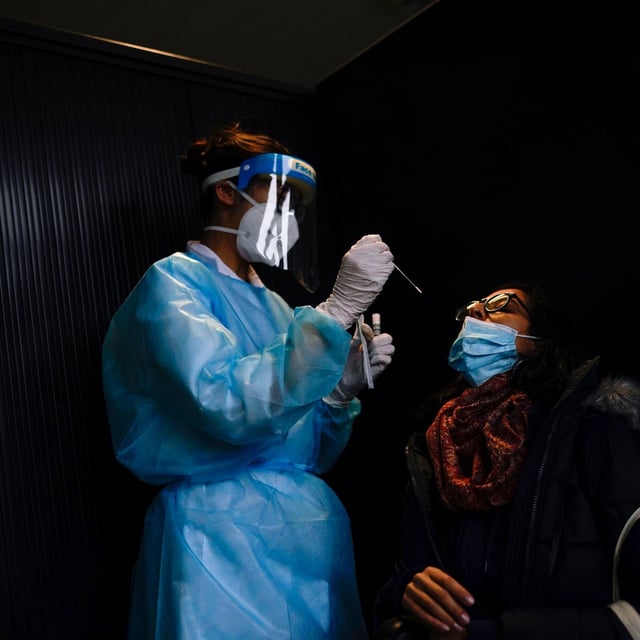Overview
- Two years after infection, 80% of people who reported smell changes still performed poorly on a 40‑odor clinical test.
- About one in four of those who noticed changes had severely impaired smell or complete loss of smell.
- Underrecognition is common, as 60% of reportedly uninfected participants without complaints also tested poorly, which researchers said may reflect age-related decline or unrecognized prior infection.
- The deficits pose daily risks such as missing smoke, gas leaks, or spoiled food and can harm appetite, nutrition, and mental wellbeing.
- Potential remedies under study include vitamin A supplementation and olfactory training, with experts cautioning that full recovery is not guaranteed; separately, the WHO says the UK’s Stratus lineage (XFG/XFG.3) carries low global risk and current vaccines are expected to remain effective.

